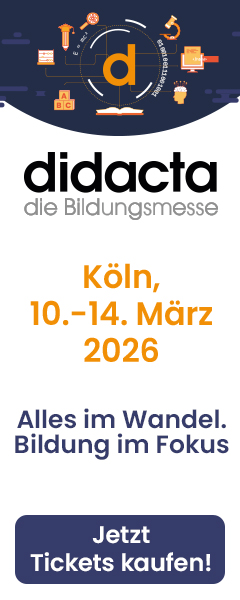First Train-the-Trainer eLearning Courses Completed
 Torino (IT), Novmeber 2007 - Staff from teacher-training institutes in ten countries, together with the MEDA-ETE team and eLearning specialists Giunti Labs have developed and implemented a number of eLearning and eLearning-related learning materials as part of 'Component 4' of the EU's Mediterranean European Development Action - Education and Training for Employment (MEDA-ETE) Project. The goal of the effort is to introduce eLearning into North African and Middle East Mediterranean countries.
Torino (IT), Novmeber 2007 - Staff from teacher-training institutes in ten countries, together with the MEDA-ETE team and eLearning specialists Giunti Labs have developed and implemented a number of eLearning and eLearning-related learning materials as part of 'Component 4' of the EU's Mediterranean European Development Action - Education and Training for Employment (MEDA-ETE) Project. The goal of the effort is to introduce eLearning into North African and Middle East Mediterranean countries.
The five-million-euro project is being implemented by the European Training Foundation (ETF), an EU agency active in the field of education and training in the EU partner countries. The main direct beneficiaries of the project are the governmental structures and other public and private partners who are key players in the field of education and training in ten partner countries: Algeria, Egypt, Israel, Jordan, Lebanon, Morocco, the Palestinian Authority, Syria, Tunisia, and Turkey.
Component 4 of the Regional EU project MEDA-ETE aims to achieve full and thorough knowledge of methodological, pedagogical, and technological aspects of eLearning in MEDA countries. Its specific goal is to develop and implement a train-the-trainers programme to increase the usage of eLearning.
According to Fabrizio Cardinali, Giunti Labs' CEO: "In the last six months, we have produced a train-the-trainer course and made it available via the MEDA-ETE portal; published and introduced the learning materials in eight of the ten target countries - Algeria, Morocco, Tunisia, Egypt, Israel, Jordan, Turkey, and Syria - and welcomed the first trainees."
The learning materials are divided into ten modules, each of which contains learning activities with learning objects, guided lectures, and checkpoints with tests; active participation is promoted with a discussion forum and chat session. After completing the learning materials, learners are asked to put their learning into practice.
"The learning materials were piloted in two phases", Fabrizio Cardinali explained. "The first phase - conducted at the end of last year - was directed at experts, managers, and decision makers. Their feedback enabled us to obtain crucial qualitative data and validate the toolset."
"The second phase - early this year - sought information from members of teacher- training institutions. In addition, we have explored how it would be possible to integrate - and sustain - the pilot course within an institutional setting in each country.
Cardinali concluded: eLearning solutions provide the necessary tools for meeting the rapidly evolving new requirements of the labor market in the MEDA countries. The interactivity offered by new learning technologies facilitates the involvement of the target audience in the learning experience, which is one of the focuses of Component 4 of the MEDA-ETE project."










